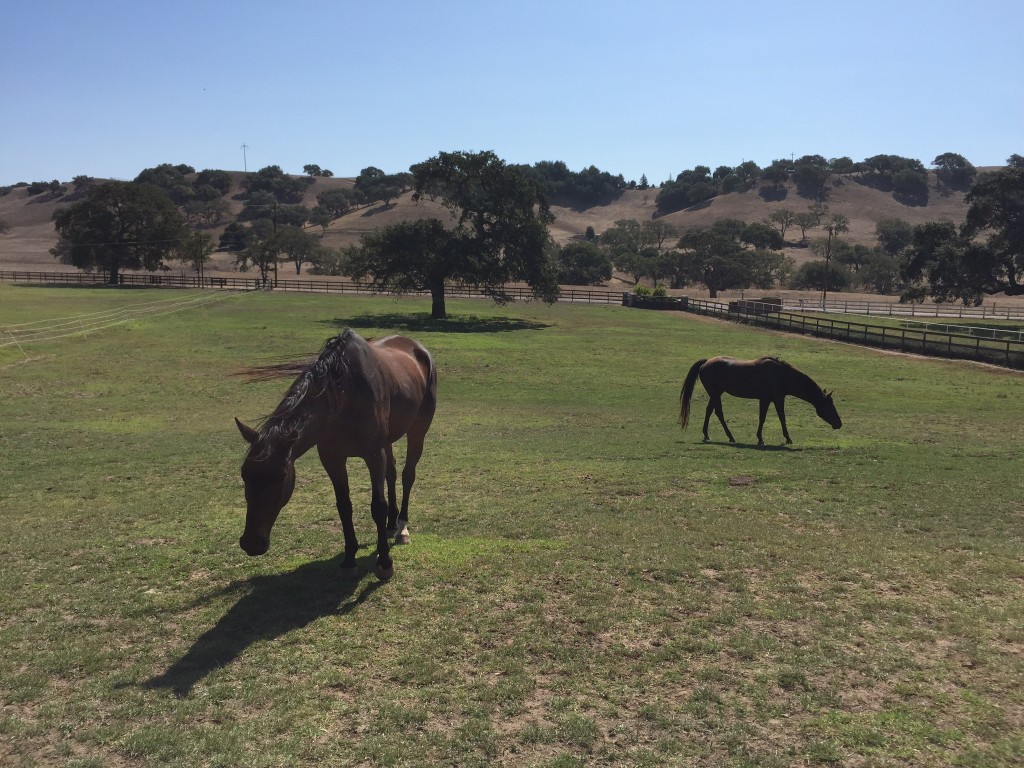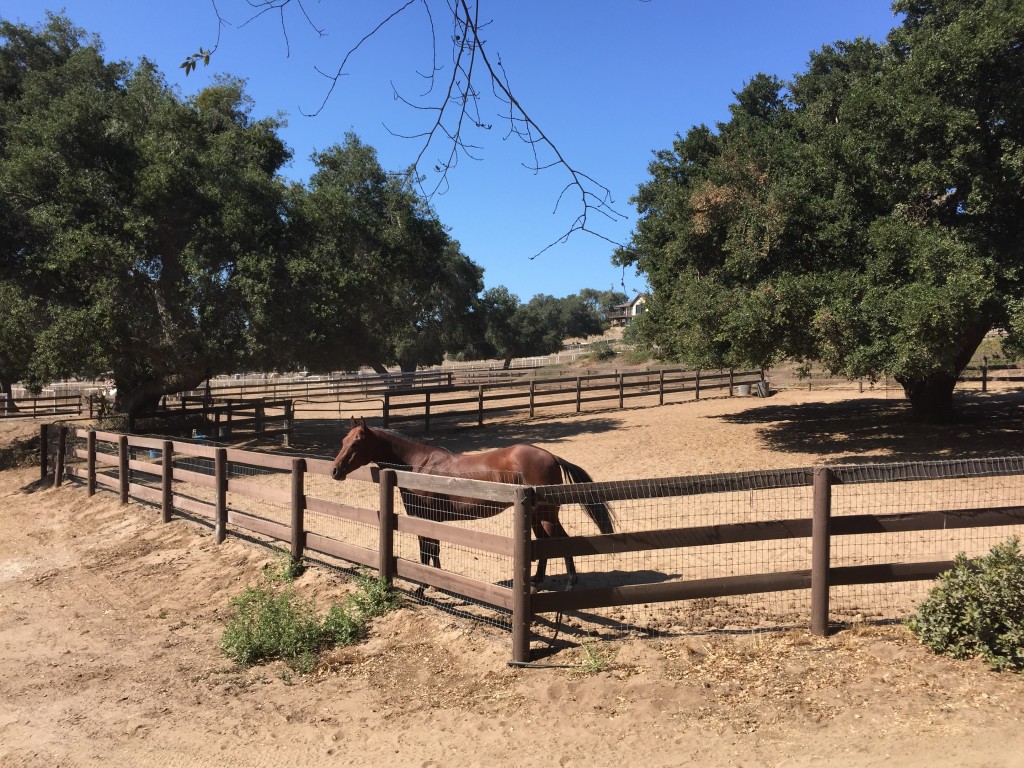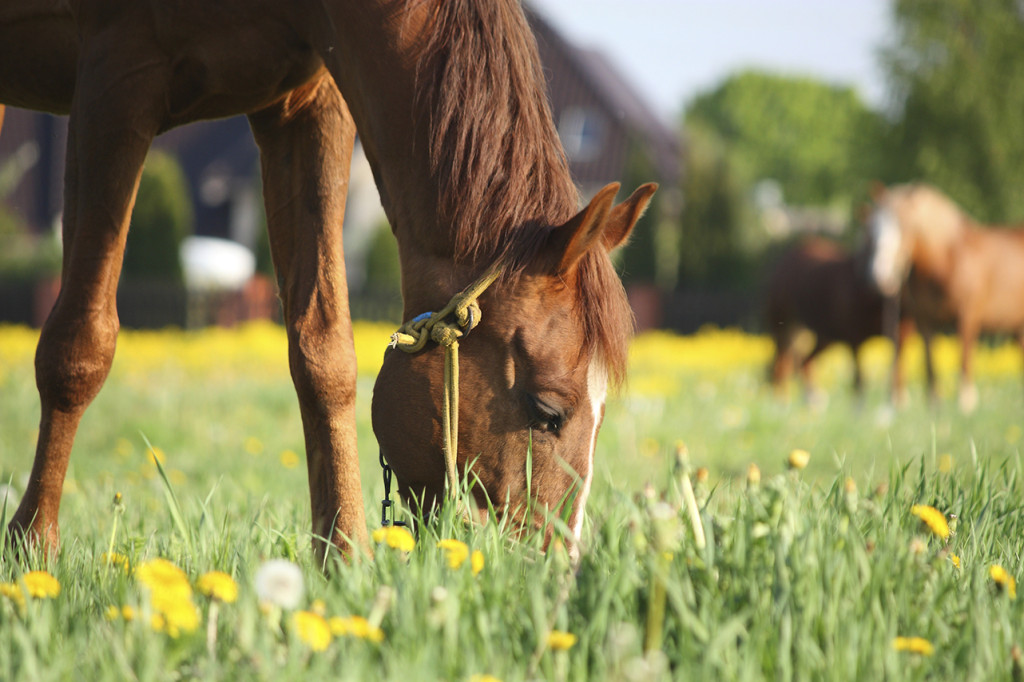Horse Training Tips
To Turnout or Not to Turnout: A Million Dollar Question
Maybe you don’t have a million dollar horse, but if you are like me, every horse in your barn is worth way more to you than you could really put a price tag on. So what is best for your horse: To Turnout or Not To Turnout? Ask this question to 10 different horse people and you’ll get 10 different answers, with footnotes and references attached.
Horses are Made to Move
The bottom line about horses is that they are animals that are made to move. We can justify how we keep them – our convenience, their safety. Because if you live in arid, ground-critter living climates or rain bogged muddy climates it can be risky. And if you live where the price of your zip code makes extra space impossible it can be, well, impossible.
A Labor of Love
Horse people are a culture of sacrifice; I say be true to our nature! Horses are not meant to be confined. We designed a horse rotation program which requires huge sacrifices of our time to provide a sense of normalcy for our horses. And it still isn’t good enough.
Yes, our zip code does make it difficult to afford space. It also puts us in a situation where we choose space over proximity to a larger client base. And we still have the ground critter problem! We have learned to be at constant war with all kinds of hole-making nuisances. Not to mention the four-year drought we are in. And the labor it takes to rotate all of the horses daily into appropriate turnouts.

Staying Stretched and Social
Let’s talk about why we choose. Not only is it better for a horse’s mental state to be able to be turned out even for short periods of time, it is really important for them to be socialized. Keeping horses confined and depriving them of the integral ability to interact within a herd, even if it is only with one other pasture buddy and the ability to visit across fences or observe other groups in nearby areas, is, for a herd animal, natural. Add to that the ability to graze, or mimic grazing, helps keep the horse stretching its neck and back muscles like nature intended. If you do have access to natural, native grass, that is best. But even irrigated grass, provided it is not too rich, is good in small doses.

Dry lot turnouts with natural free choice feeders installed around them on a walking path gives horses something to do. The movement is great for older, arthritic horses, sometimes making the difference of one being able to continue a useful career instead of an early retirement.
It is not always practical or possible to provide 24/7 turnout, but consider a few hours to let your horse be what they are meant to be: a horse.
We’d love to hear your thoughts in the comments below!

